Afghanistan is stepping up calls for international climate support as NEPA chief Mawlawi Matiulhaq Khalis leads talks on rising food insecurity and water shortages, warning of severe environmental threats including Kabul’s looming groundwater crisis.
A high-level Afghan delegation from the National Environmental Protection Agency (NEPA), led by General Director Mawlawi Matiulhaq Khalis, engaged in critical climate discussions this week, focusing on the escalating risks of food insecurity driven by environmental degradation. The technical forum brought together policymakers and experts to assess the impact of global warming, erratic rainfall, and declining agricultural productivity, with particular emphasis on the threats of desertification and land degradation. Key solutions proposed included sustainable farming practices, climate-resilient technologies, and increased funding for environmental initiatives, with participants stressing the need for stronger scientific collaboration and multilateral coordination.
On the sidelines of the 11th International Congress in Novosibirsk, the NEPA delegation held talks with Azerbaijan’s COP29 President and the Special Representative of the President of Azerbaijan for Climate Issues, Mukhtar Babayev, who praised Afghanistan’s active role in regional climate efforts. Director Khalis thanked Azerbaijan for its support, including Afghanistan’s inclusion in the COP29 Conference, and sought backing for participation in the upcoming COP30 summit in Brazil, as well as joint capacity-building programs. Minister Babayev reaffirmed Azerbaijan’s commitment to environmental cooperation, pledging support for Afghanistan’s engagement in global forums and institutional partnerships.
Meanwhile, a recent report by The Japan Times has issued a dire warning about Kabul’s rapidly depleting water resources, projecting that the city’s groundwater could vanish entirely by 2030 without immediate intervention. The report highlights a combination of population growth, inadequate infrastructure, and climate-driven rainfall reductions as primary drivers of the crisis. With 80% of groundwater reportedly contaminated and over 100,000 unregulated wells exacerbating over-extraction, experts estimate an annual deficit of 76 million cubic meters. While recharge remains possible, current consumption far outpaces natural replenishment.
In response, Afghanistan’s Ministry of Energy and Water has proposed a $300–400 million project to divert water from the Panjshir River to Kabul, a plan still in search of funding. As Afghanistan navigates these compounding environmental challenges, NEPA’s diplomatic efforts and international warnings underscore the pressing need for global cooperation to mitigate the deepening climate crisis.
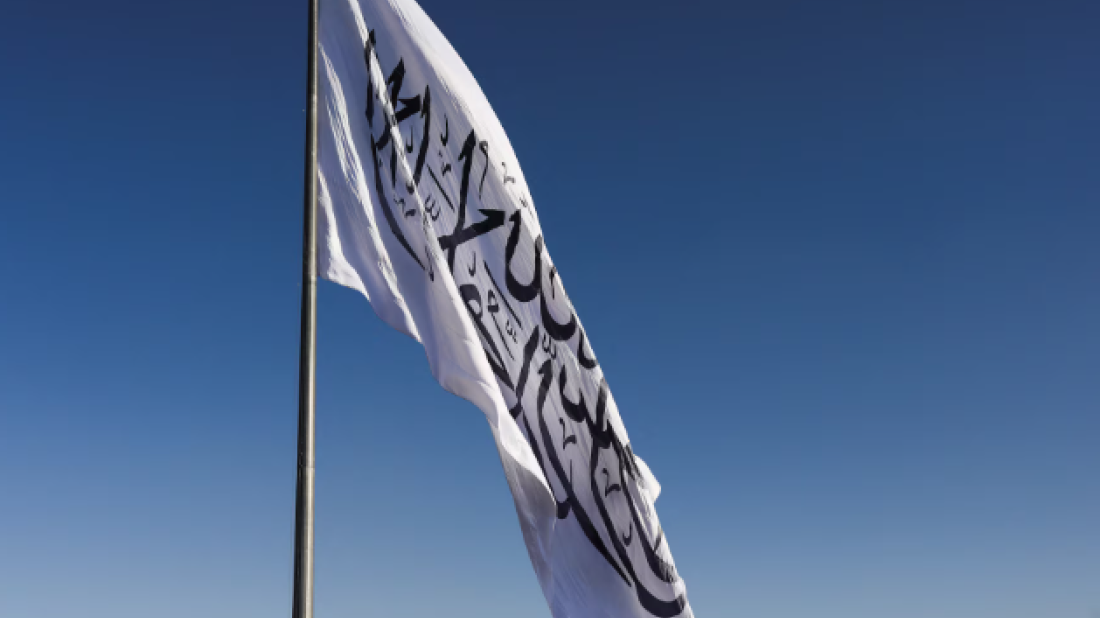



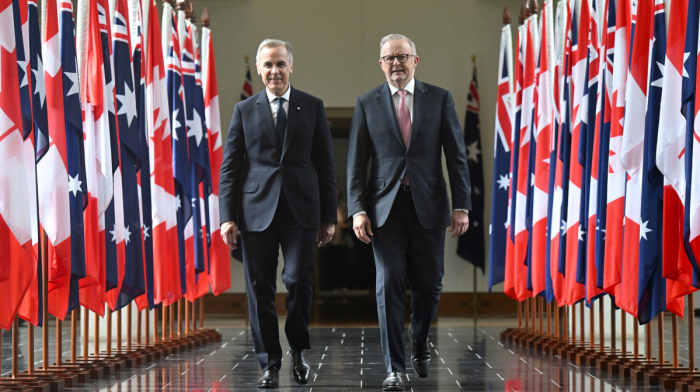
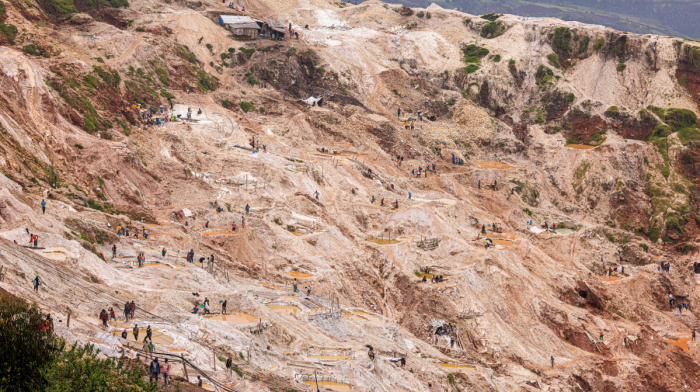


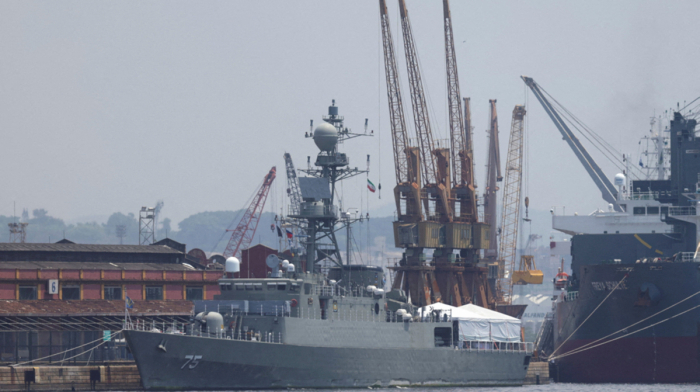
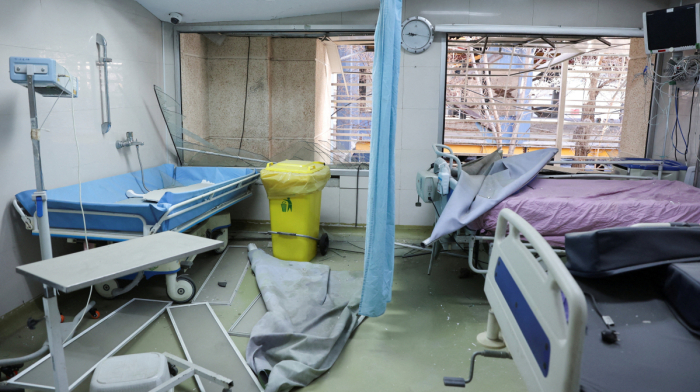
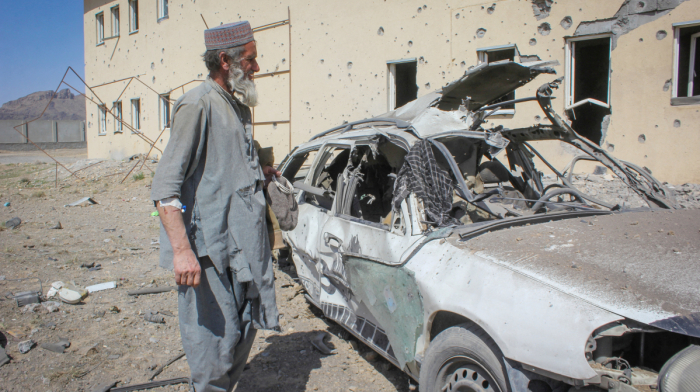
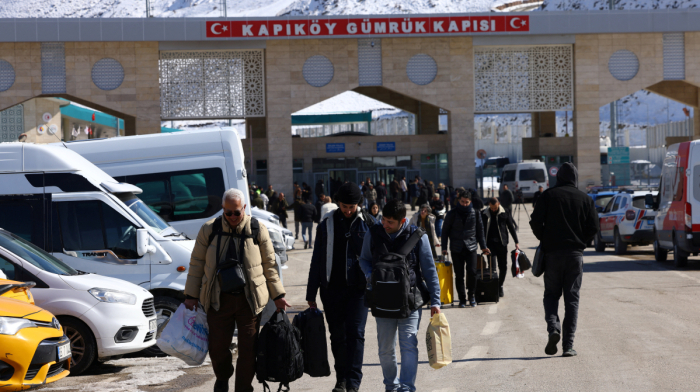






What is your opinion on this topic?
Leave the first comment